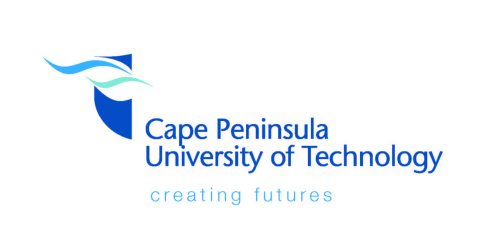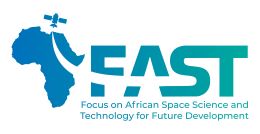
The Cape Peninsula University of Technology was established on 1 January 2005, when the Cape Technikon and Peninsula Technikon merged. This merger was part of a national transformation process that transformed the higher education landscape in South Africa. Today, this institution is the only university of technology in the Western Cape, South Africa, and is the largest university in the region, boasting more than 30 000 students, several campuses and service points and more than 70 programmes. The CPUT Research Focus Areas play an important role in the development of research expertise and to provide an institutional view of the CPUT research strengths and foci. The Research Focus Areas provide a significant foundation for the CPUT Smart Research, Technology Innovation and Partnerships Strategy and gives voice to the trans-disciplinary research approach used at CPUT. The Research Focus Areas are each populated with Research Niche Areas to enhance the bulk of CPUT’s research, technology and innovation efforts and resources. These provide the mainstays around which capacity and strengths are developed in terms of our academic and research objectives. The current six Research Focus Areas are directly aligned to chapters in the South African National Development Plan 2030 in terms of competitiveness and relevance to South Africa and to the 17 Sustainable Development Goals in terms of competitiveness and relevance to the global Earth.
Research Focus area 2 is “Space Science, Engineering and Technology”. South Africa has become increasingly dependent on space-based applications to manage its national resources and security objectives. Space science is one of the five Grand Challenges defined by the Department of Science and Innovation to be addressed in its 10-Year Innovation Plan. The establishment of the South African National Space Agency signalled a formal approach to the development of space-based research and technology innovation in South Africa. Within this context, the Research Focus Area serves as a catalyst for expanding current research to fully leverage the societal benefits derived from multi-disciplinary, space-based services. The Research Focus Area is informed by national developmental imperatives, primarily the National Development Plan (NDP). The following Research Niche Areas are currently associated with this Research Focus Area: 1) Space Segment; 2) Space Applications; 3) Industrialisation of Space; 4) ICT for Space; 5) Space Science. Through this approach, CPUT has established itself as the region’s premier nanosatellite programme, established in 2009. The Programme has developed Africa’s first nanosatellite, ZACube-1, which was launched in 2013, followed by 4 other nanosatellites to date. It operates its satellites from its ground station on the Bellville campus. The Programme is strategically aligned with the National Space Strategy, and is funded as a key human resource development programme by the Department of Science and Innovation and the National Research Foundation. To date, the satellite programme has graduated more than 70 Master’s students, and has developed a suite of communications products that is being marketed internationally.
Role in the project
WP6: Because of the aforementioned facilities and its central role in Africa Space Technology, CPUT will be the hub where all face-to-face activities of WP6 will take place. CPUT will provide access to its facilities and a conductive environment for the gathering of experts from all across the consortium.



